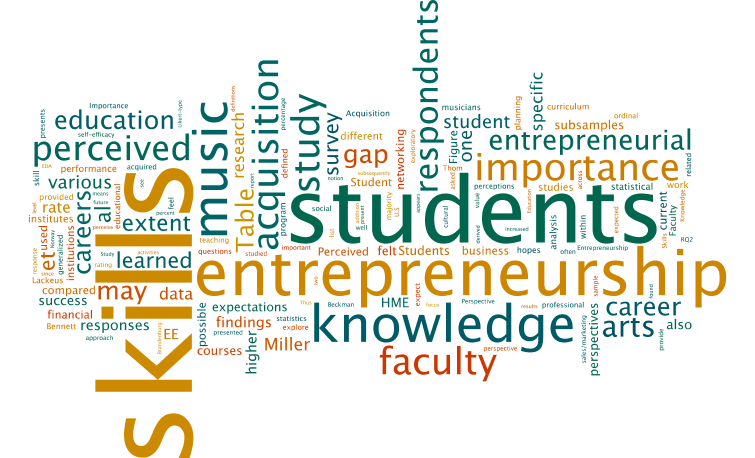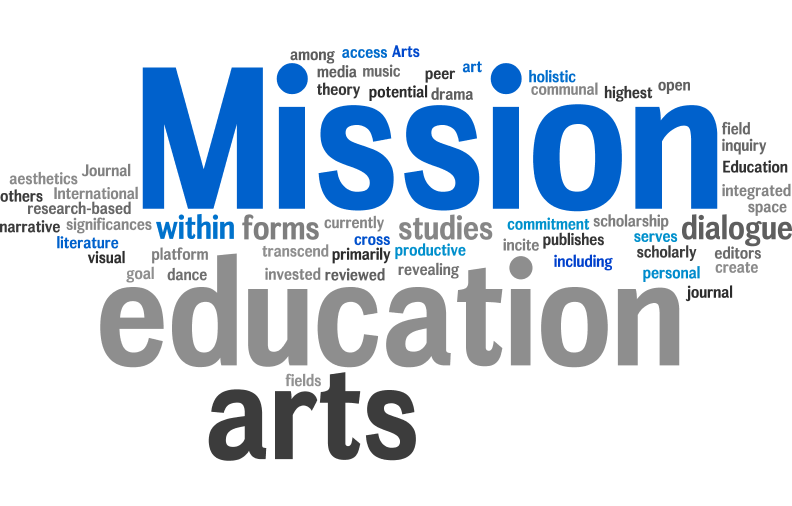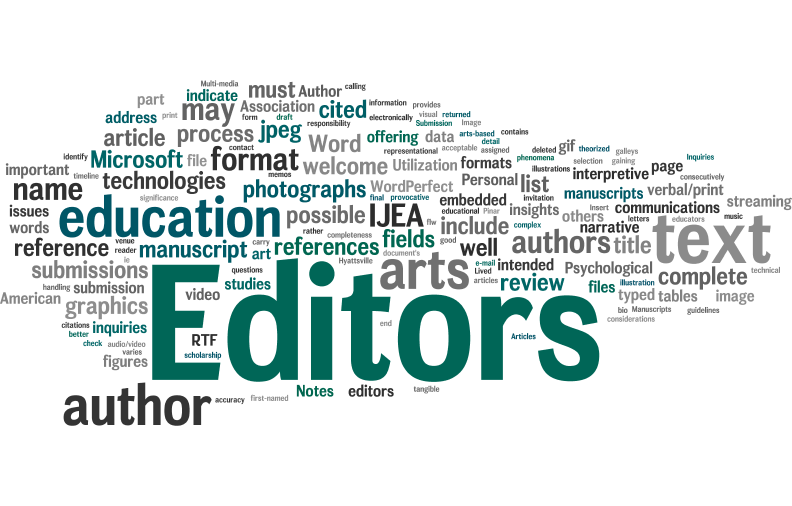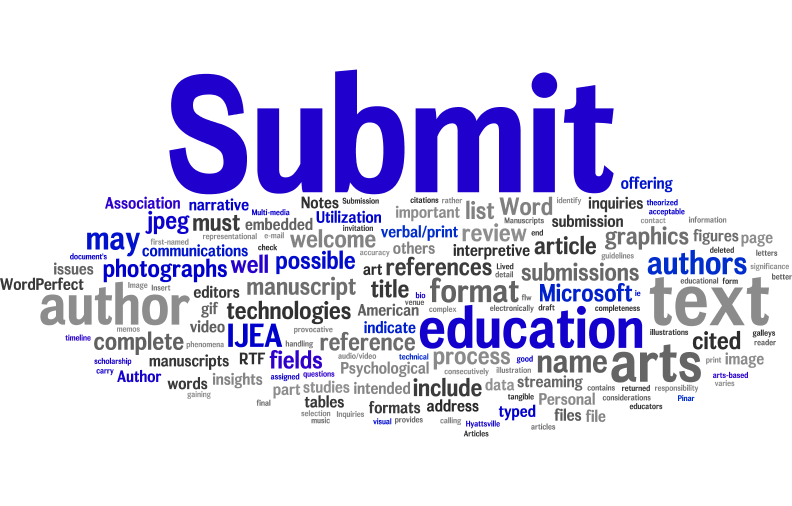| Volume 21 Number 10 | February 26, 2020 |
The Skills and Knowledge Gap in Higher Music Education: An Exploratory Empirical Study
Benjamin Toscher
Norwegian University of Science and Technology, Norway
Citation: Toscher, B. (2020). The Skills and Knowledge Gap in Higher Music Education: An Exploratory Empirical Study. International Journal of Education & the Arts, 21(10). Retrieved from http://doi.org/10.26209/ijea21n10.Abstract
Research claims that entrepreneurial skills and knowledge are important for the careers of musicians (Bennett, 2016; Breivik, Selvik, Bakke, Welde & Jermstad, 2015; Coulson, 2012). Alumni of higher music education (HME) report “a gap between the perceived importance of such [entrepreneurial] skills and their acquisition” (Miller, Dumford & Johnson 2017, p. 11). As a response, institutes of HME have integrated arts entrepreneurship education to help music students acquire these skills and knowledge to a greater extent (Beckman, 2005, 2007). Yet, specifically which entrepreneurial skills and knowledge (Lackeus, 2015) arts entrepreneurship education helps students acquire lacks empirical support and articulation. In this exploratory pilot study, I create, disseminate and use exploratory data analysis (Tukey, 1977) to understand the descriptive statistics of survey responses from teachers and students of HME in Norway. Respondents rated the perceived importance and acquisition of a variety of skills and knowledge while considering students’ future careers. Students also reported to what extent they felt they learned entrepreneurship through their current study program. Consistent with previous research, the findings show a “gap between the perceived acquisition of skills and the importance of such skills” (Miller et al., 2017, p. 11) in HME. The largest gaps in this study are for the following specific skills and knowledge: sales/marketing, market/industry, financial, social media, and business planning. Additionally, as students report they felt they learned entrepreneurship to increasingly larger extents, this gap is closed and narrowed. This shared tendency between the increased extent of entrepreneurship learned by music students and the perceived increase in the acquisition of various skills and knowledge is new insight for the field. Implications for arts entrepreneurship practitioners are discussed in addition to some ideas for future in-depth research.
Visual Abstract
This article is available in PDF format.




